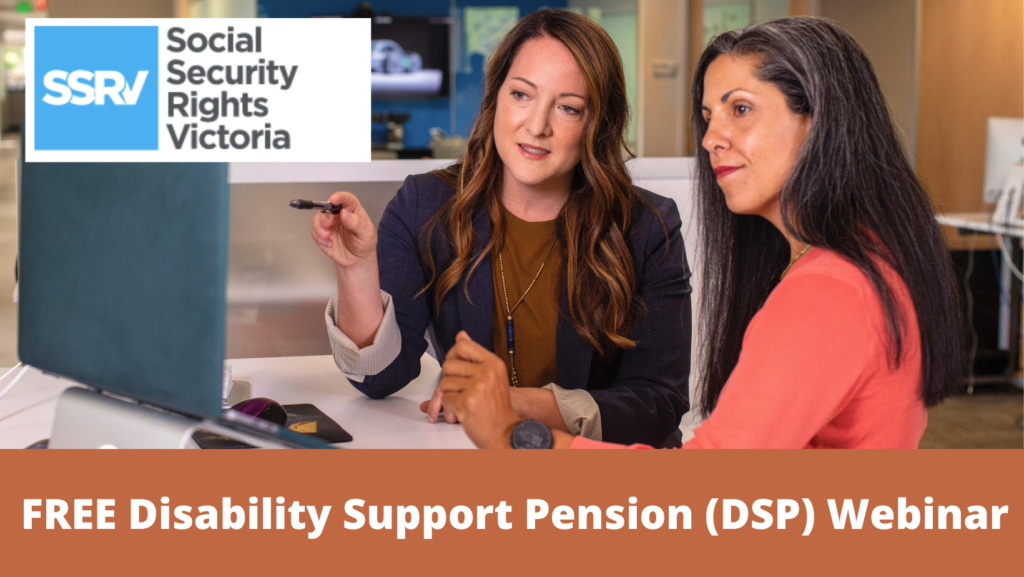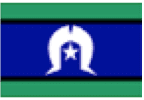Anti-Poverty Week is a time when we shine a light on the causes of and issues arising from poverty in Australia. While the impacts of poverty on families is well documented, less is said about how poverty stands as a barrier to dealing with and resolving social security issues. That’s where we come in.
Poverty is a growing problem in Australia, with one in eight people, including one in six children, currently living in poverty.
A new report released by the Australian Council of Social Service (ACOSS) examined the impact of poverty on families reliant on social security payments. ACOSS surveyed people living on JobSeeker, Youth Allowance and Parenting Payment between July and August 2022 and found:
- 62 per cent have had difficulty getting medication or medical care
- 62 per cent are eating less or skipping meals, while 71 per cent are cutting back on meat, fresh fruit, and vegetables
- 96 per cent of people renting privately are in rental stress, paying more than 30 per cent of their income on rent
For people living in poverty and facing these burdens, an issue arising with or debt raised by Centrelink can be a mental and emotional load simply too great to bear. Often by the time they call us, a Centrelink issue has been left unactioned for some time, not because the recipient has been remiss, but because when your mind is on how you are going to feed your children tomorrow, everything else tends to fall by the wayside.
For people experiencing poverty, actually working to resolve a Centrelink issue is that much harder. While Centrelink may send some correspondence through the MyGov app, other correspondence is required to be sent by post. People experiencing homelessness or moving from one temporary accommodation to another are at risk of missing important information.
The social security system itself can exacerbate poverty. Often debt repayments are automatically set to unworkably high fortnightly amounts, and require the recipient to contact Centrelink to negotiate a lower repayment plan. There is often little consideration given to the fact that Centrelink income support payments are already at rates below the poverty line, and fortnightly deductions in addition can cause severe financial distress.
Some income support payments also carry mutual obligations that the recipient is required to shoulder the financial burden of meeting, such as travelling to appointments with service providers.
Other payments, such as the Disability Support Pension, have stringent eligibility criteria which rely upon doctor appointments being attended and medical evidence being obtained by the applicant. All these examples add financial burden and entrench circumstances of poverty.
We want social security recipients to know that help is available.
If you have been issued with a Centrelink debt that you disagree with, if Centrelink has organised a payment plan causing you financial distress, or if you are having difficulty accessing a Centrelink payment, you can call us today. Most Centrelink decisions can be appealed and repayment plans can be negotiated to be more manageable.





